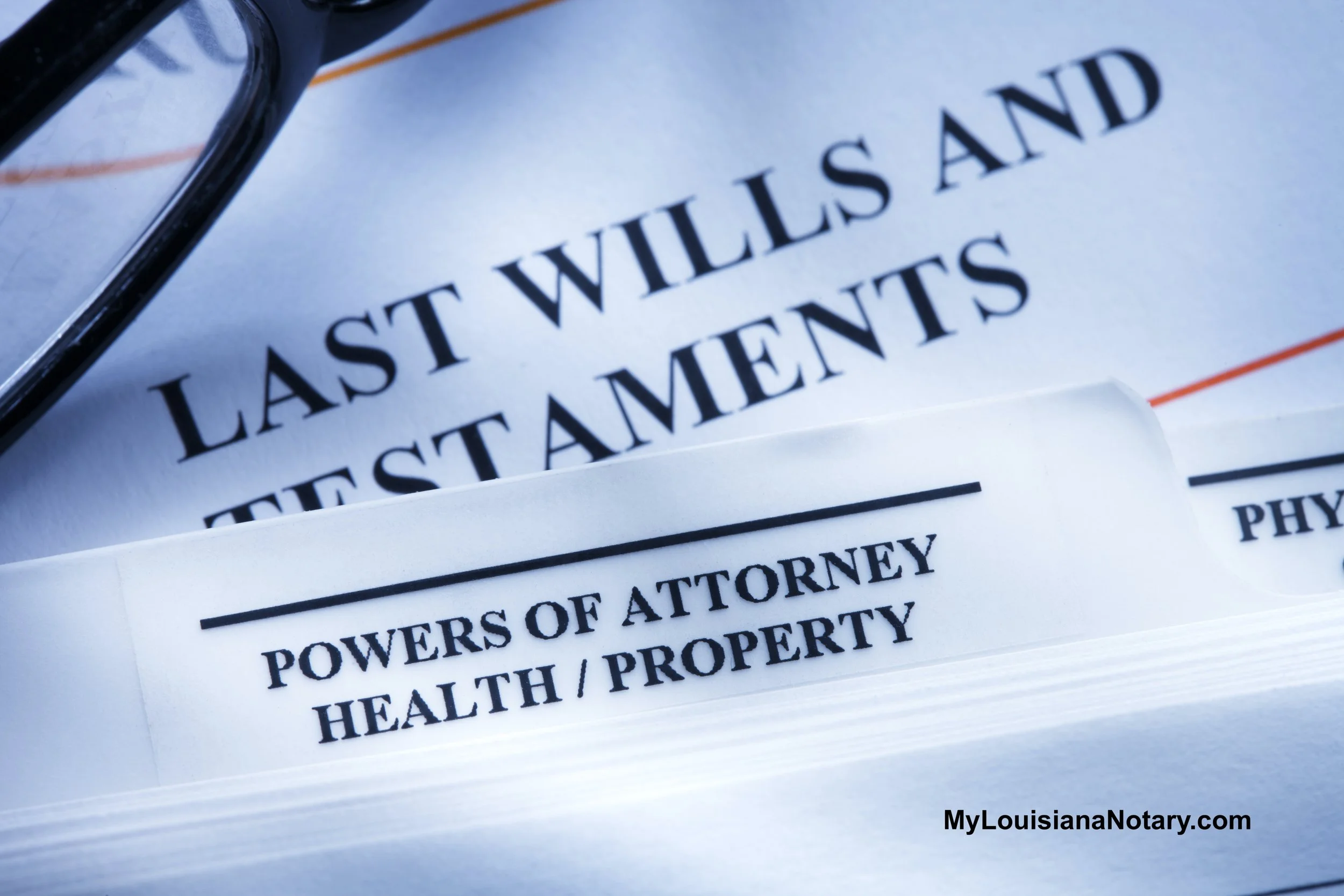Key Elements of a Good Estate Plan
What do you think about when you hear the term “estate planning”? Maybe you think it is reserved for people with a lot of property, money, or other assets. I have even heard some say it simply makes them think of death or final arrangements. Contrary to popular belief, estate planning is for everyone, not just the wealthy. I would like you to think about estate planning as a gift you give your spouse and children, or other loved ones. It’s the most loving thing you can do to ensure peace of mind for everyone.
Without an estate plan, there can be devastating unintended consequences, leaving your family overwhelmed, confused, exposed, vulnerable and powerless. There are numerous things that can go wrong.
There is no assurance that the people you love the most will actually inherit from you.
Your family is left to figure things out on their own without your input.
Your property and money could end up in the hands of people you really didn’t want to have them.
There could be disagreements or disputes that keep your family locked in an emotional and expensive legal battle.
Ultimately, a judge will decide who is in charge, and state law will determine who inherits from you, who comes first, who comes last, how much they get, and who gets nothing at all.
Estate Planning Is for Everyone
Simply put, estate planning is the thoughtful process of choosing someone you trust to manage and wrap up your affairs when you are no longer able to do that for yourself, deciding who will receive your property, money, and other assets after you die, and then putting your decisions in writing.
I know you want to get your affairs in order; that’s why you are here. And I understand that estate planning can feel like a daunting task. Where do you start? What should you include? Where can you get help? Well, I’m here to tell you that estate planning is not nearly as complicated or difficult as it may seem initially.
Benefits of Estate Planning
A good estate plan will address issues before and after your death. Having certain legal and financial documents ensures that your wishes are carried out and your family is protected from the fear and uncertainty of being at the mercy of others. It provides peace, calmness, and clarity when your family needs it most. But it must be done before there is a crisis or critical event - that’s why it’s called a “plan.”
Key Elements of a Good Estate Plan
These are the minimum documents required to create a good estate plan:
A general power of attorney, which authorizes someone to handle your legal matters, financial matters, deal with government agencies and others on your behalf.
A medical power of attorney, which authorizes someone to manage your health care and make medical decisions on your behalf.
A last will and testament, to ensure that your money, property and other assets are distributed according to your wishes.
Beneficiary designations. Check your insurance policies and retirement, investment, and bank accounts to confirm that your beneficiaries are correctly listed just the way you want them.
If you are creating a comprehensive estate plan, you should also consult with a financial advisor, such as a banker, accountant, CPA, or broker, and an insurance agent. For very large estates, I would recommend that you consult with an attorney who specializes in estate planning.
When you take time to educate yourself about the process, think ahead about what you want to happen in your absence, and talk to a legal professional, a financial advisor and an insurance agent, you will feel the weight of uncertainty lift off your shoulders. You’ll gain peace of mind knowing that you have done all that you can to make sure that your family can be calm, confident and secure if you become seriously ill, severely disabled, or when you die.
NEXT STEPS
Subscribe to Fundamental Estate Planning Simplified, a private podcast created especially to help Louisiana residents get their affairs in order. You will learn why estate planning matters and how to ensure that your wishes are honored both before and after your death. And, because I have a holistic view of estate planning, you will also learn how to wrap up a loved one’s estate without going to court and how to preserve inherited property to create generational wealth. Listen to a few episodes here.
Get this free guide, Getting Your Affairs in Order. You’ll learn how being prepared and planning for emergencies, illnesses, and death will put you and your family in control during difficult times. It also includes a worksheet to help you get started right away and a checklist to inspire you to get it done.
Schedule a telephone consultation online here. Consulting with an experienced legal professional is an educational opportunity for you to gain knowledge, insight, and clarity so you’ll know where you stand. I will help you assess your situation and answer all of your questions. Plus, you will find out more about me and how I serve my clients so you can decide whether you would like further assistance in getting your affairs in order.
